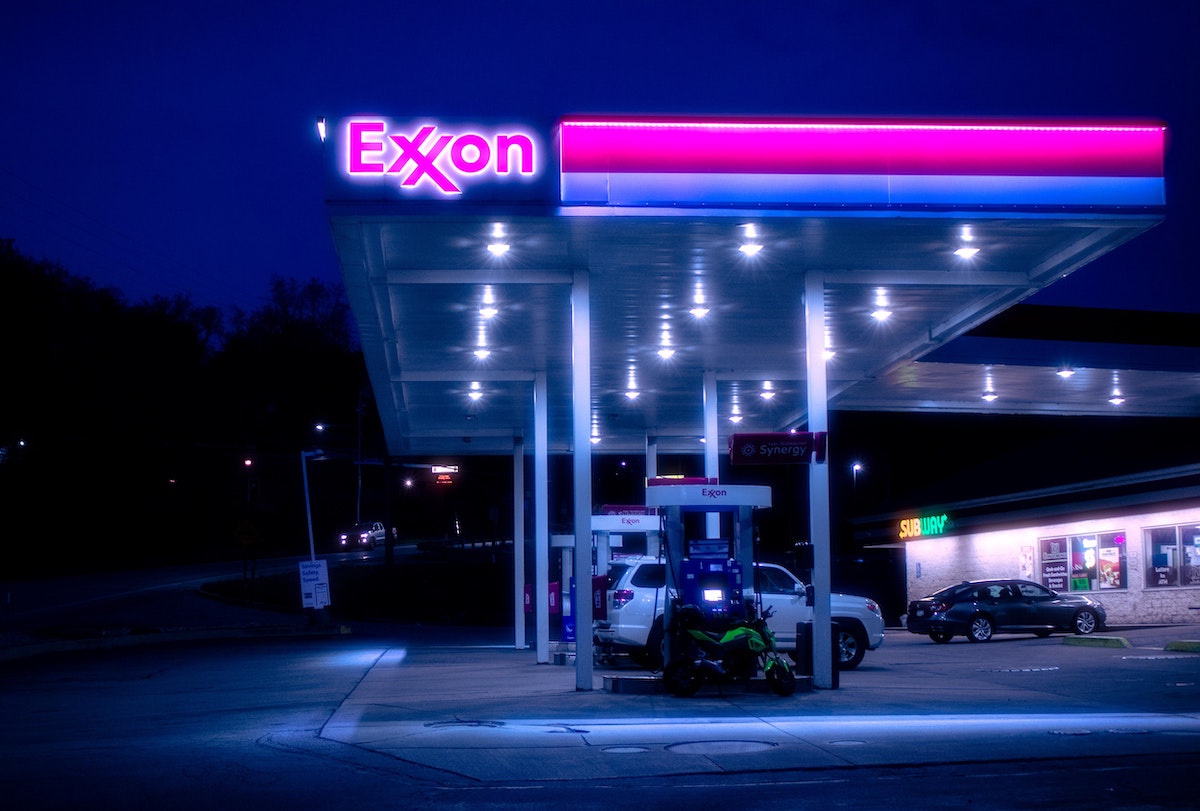It was a week that will go down in climate-action history – Exxon gave up three board seats to activist investors who rallied support from major institutional investors; while on the same day Shell lost a court case in the Netherlands forcing it to ‘take responsibility’ for its pollution and reduce emissions by a massive 45% by 2030.
Engine No. 1 succeeds where many have failed
The impact that private companies are having on the climate is clear, and a legion of investors have taken it upon themselves to influence change at the companies in which they invest.
But some investors, like Engine No. 1, have gone further, they established a fund with the intention of buying shares of companies that are climate-laggards. They didn’t do it to profit from their wilful pollution, but to drive a renewable energy transition, and perhaps even reverse their ailing share price.
It’s not a new approach, we all recognise ‘stewardship’ as a central methodology for influencing corporate activity. Investors can open a dialogue with companies through engagement, they can vote at Annual General Meetings (AGMs), and they can divest, but the results are patchy.
Engine No. 1’s success came from taking a different approach. They learned from the past, and they understood that ‘shareholder resolutions’ are rarely supported by management, and even if they do win considerable support, it’s not mandatory for the company to implement the suggested policy.
So instead, they targeted the Exxon board.
They first rallied together a team of experienced investors, some with impact investment experience, others who’d cut their teeth demanding change at Apple, but all pragmatic investors who understand the rules and language of corporate governance, and of finance.
The team put their heads together, and soon enough they saw that their most powerful angle to drive influence was to put forward their own candidates for the board. This had a number of advantages: 1) voting on board seats would stick, management didn’t have discretion here, the most votes got the seat, 2) few Exxon board members actually had much oil industry experience, this was a weakness and an opportunity, and 3) company directors are supposed to be the representatives of the company’s shareholders, this move was re-asserting the foundational principles of corporate governance.
The next step was to rally support around their proposal. This is the hard part. Historically major institutional investors have voted inline with management. They do this out of an abundance of caution, and to reassure management that they support them.
In the Exxon case, Engine No. 1 was able to turn the tables. Right from the outset they had the support of California State Teachers Retirement System (calSTRS), and they would go on to convince the heavyweight fund manager Blackrock to support them, as well as proxy advisors Glass Lewis, ISS and PIRC.
By all reports Exxon went to some extreme lengths to sway the vote in their favour, but in the end, they lost out, and their shareholders made their voices heard.
On the day of the vote Gregory Goff (former refinery CEO) and Kaisa Hietala (environmental scientist and executive at progressive refiner Neste) both won seats on the Exxon board, after being backed by Engine No. 1.
A third vote hung in the balance, and a number of days later Exxon conceded that former Energy Department official Alexander Karsner had also won his seat on the board.
The twelve seat board now had three directors that not only had deep energy industry experience, but they are proponents of the renewable energy transition.
Exxon is an iconic American brand, but prior to this AGM its share price had been trending steadily downward for a number of years. Even without the oil-smashing impact of covid, it seemed the company’s business model was on the decline.
The company now has a chance at a new future. One that will surely be dependent on fossil fuels in the short-term, but in the long-term, it’s chances of survival are better – if it can catch the renewables incumbents who’ve had a huge head-start.
Dutch Court Declares Shell has a ‘Duty of Care’ to Slash Emissions
In a staggering constellation of climate-action, Shell officials were at the district court in the Hague on the same day that Exxon was holding its AGM.
In a case brought by the Dutch chapter of Friends of the Earth, Shell’s been forced to reduce its emissions (including scope 3) by a massive 45% by 2030, as compared to 2019.
The ruling will have a huge impact on Shell, and that’s mainly because the oil company will be held responsible for not only its own carbon emissions, but also the emissions from its customers when they burn the fuel.
The ruling states that Shell has a ‘Duty of Care’ to uphold the climate action goals of its home country.
It’s a big deal because it essentially recognises that climate change is a human rights issue, and Shell, being a Dutch company, must do its part in helping the country achieve its Paris Agreement goals.
It should be noted that The Paris Agreement is a treaty, it’s binding to the countries who signed up to it, but not to companies. However, in The Netherlands, there was a previous case, called the Urgenda case, and this ruled that the Dutch Government has a legal responsibility to drastically reduce its emissions. This case set a precedent, and now Shell, a Dutch company, is being held to account, to contribute to the National emissions reduction challenge.
While many companies have committed to net-zero emissions by 2050, no oil company has come close to planning for a 45% cut in emissions, in less than a decade. We will watch with interest how Shell approaches the momentous effort. And what impacts it has on Shell’s operations in Australia.
Stay tuned.

